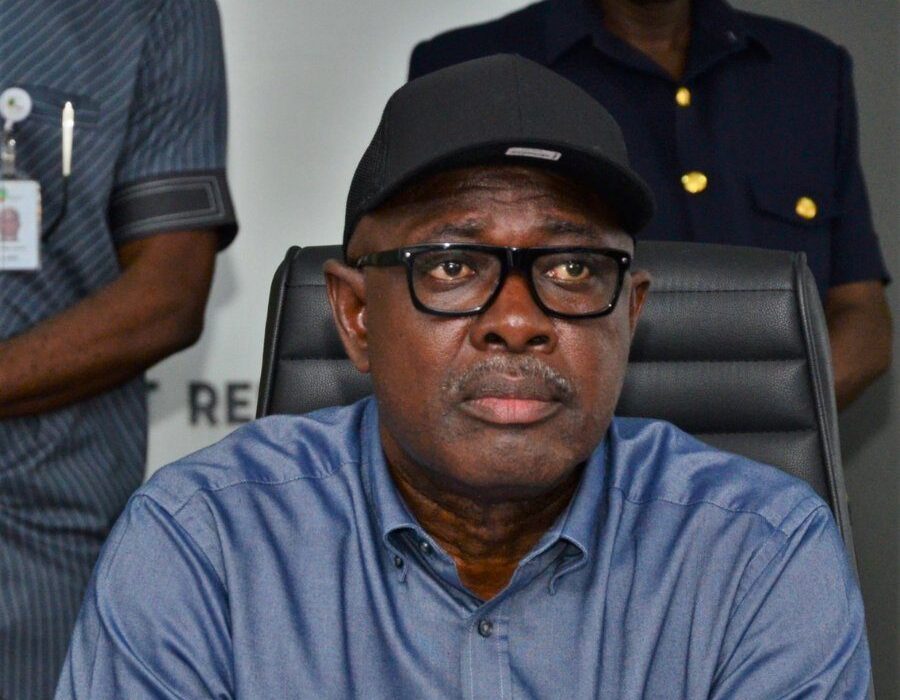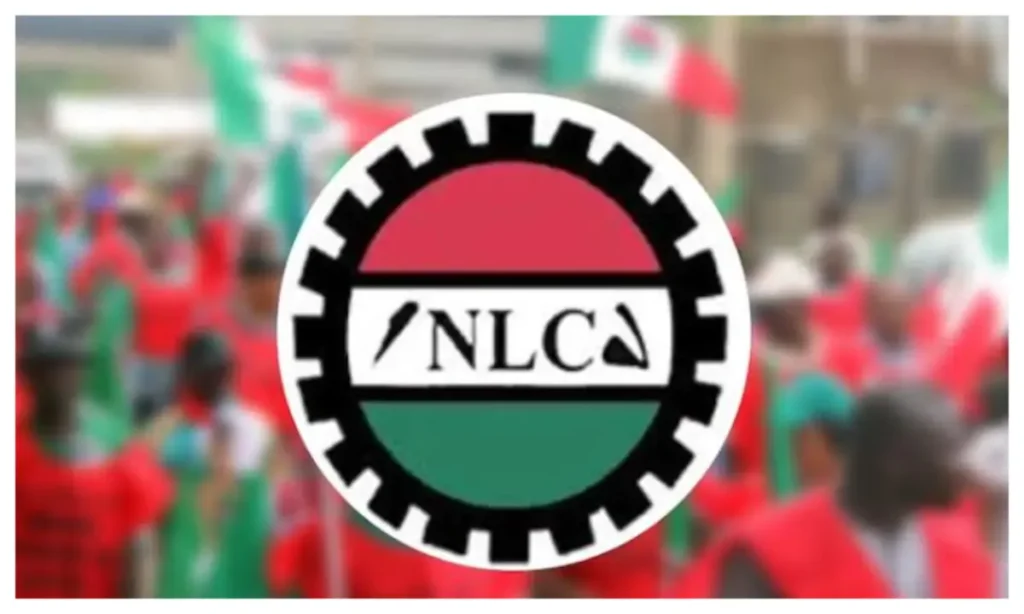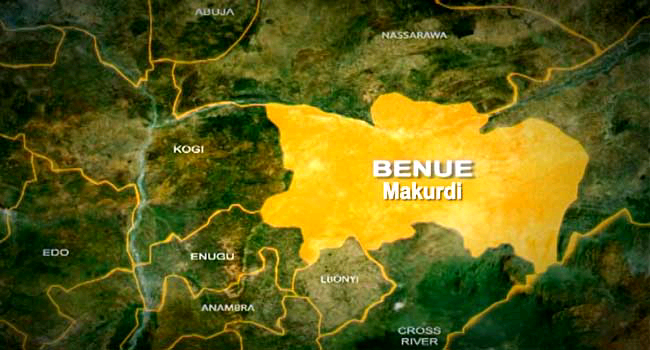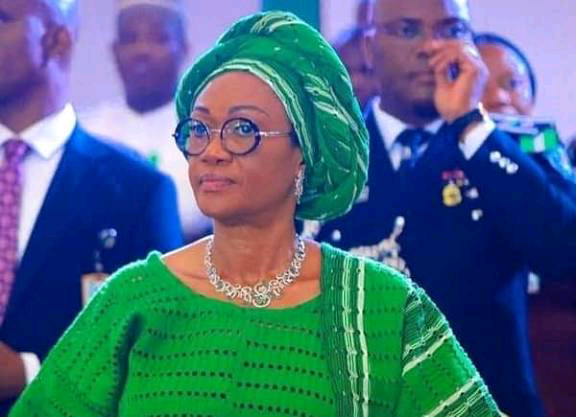Nigeria Pushes Collective Strategy for Sustainable Energy Future

Nigeria’s journey toward a sustainable energy future gained new momentum as government officials, regulators, and key industry players came together in Lagos to chart practical steps toward combating energy poverty and accelerating energy transition.
At the 2025 Nigeria Annual International Conference and Exhibition (NAICE), stakeholders reiterated their commitment to transforming Nigeria’s oil and gas sector into a technology-driven, inclusive, and future-ready industry.
With the theme “Building a Sustainable Energy Future: Leveraging Technology, Supply Chain, Human Resources and Policy,” the gathering featured representatives from the Ministry of Petroleum Resources, regulatory commissions, international oil companies, and local operators.
Minister of State for Petroleum Resources (Oil), Heineken Lokpobiri, in a statement delivered on his behalf, emphasized the urgency of innovation and collaboration in addressing Africa’s energy crisis.
“From advanced and sophisticated acquisition to non-invasive techniques like airborne surveys, technology is making exploration more precise, environmentally conscious, and cost-effective,” he said.
“Furthermore, with the rise of artificial intelligence, we are witnessing a transformation in how oil and gas operations are managed, delivering higher productivity at lower costs and improving our ability to serve national development goals.”
He urged engineering, procurement, and construction (EPC) firms that left Nigeria to return, citing policy reforms and improved business conditions under the current administration.
“With reforms brought about by the Petroleum Industry Act and other strategic incentives, Nigeria is positioned as a dependable and rewarding destination for engineering, procurement, and construction companies,” he said.
On regulatory engagement, Chief Executive of the Nigerian Upstream Petroleum Regulatory Commission (NUPRC), Gbenga Komolafe, stated that the Commission is enabling—not just regulating—the upstream sector.
“At the Nigerian Upstream Petroleum Regulatory Commission, we see this theme not as a future aspiration but as a present mandate,” Komolafe said.
“Our approach to regulatory enablement is geared toward the domestication of technology, promoting local manufacturing, and enhancing overall supply chain resilience.”
He said the Commission had already gazetted 21 new regulations aimed at attracting investment and aligning practices with global standards. He also disclosed that Nigeria had recently surpassed 1.8 million barrels of oil per day in peak production, with a sustained average of 1.78 million.
Meanwhile, the Chief Executive of the Nigerian Midstream and Downstream Petroleum Regulatory Authority (NMDPRA), Farouk Ahmed, highlighted the need for strategic planning and innovation in meeting Nigeria’s energy needs.
“Since sustainable energy depends on efficient delivery systems, this includes integrated gas transportation and distribution networks, virtual pipelines, commodity exchange platforms, enhanced marine and land logistics, and liberalised markets,” Ahmed said.
He described Nigeria’s energy sector as critical to achieving the country’s ambition of becoming a $1 trillion economy by 2030 and promised that the Authority would continue enabling investment through transparent and consistent policies.
Gas utilisation was also a strong focus. Minister of State for Petroleum Resources (Gas), Ekperikpe Ekpo, stated that the Ministry is embracing digital transformation to boost gas supply efficiency and reduce emissions.
“We are promoting local equipment manufacturing, pipe production, and other critical components that reduce import dependence and build national resilience,” Ekpo said.
“Our human capital remains our greatest asset. We are committed to nurturing a technically sound, diverse, and future-ready workforce.”
He urged stakeholders to stay focused and allow regulatory structures to function as designed to meet the administration’s broader energy goals.
“As I conclude, I plead to say that this is not a period for distractions. All regulatory and institutional mechanisms put in place should be allowed to function effectively so that the ambition and aspiration of Mr President can be achieved in the shortest possible time,” he said.
Traditional leaders also weighed in. The Olowu of Owu Abeokuta, Oba Saka Matemilola, called for policy alignment, saying meaningful progress can only be made through deliberate, enabling legislation.
While challenges such as regulatory hurdles and infrastructure gaps remain, the conference signalled a strong public-private alignment. With regulators pledging to shift from compliance to enablement and the private sector showing readiness to invest, many believe this could mark a turning point in Nigeria’s transformation from energy poverty to energy security.









